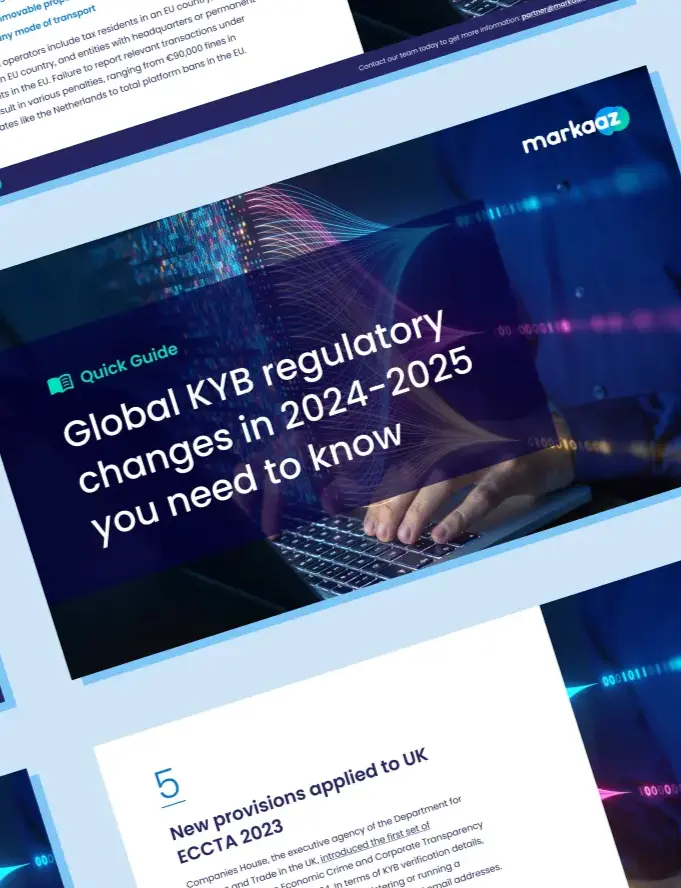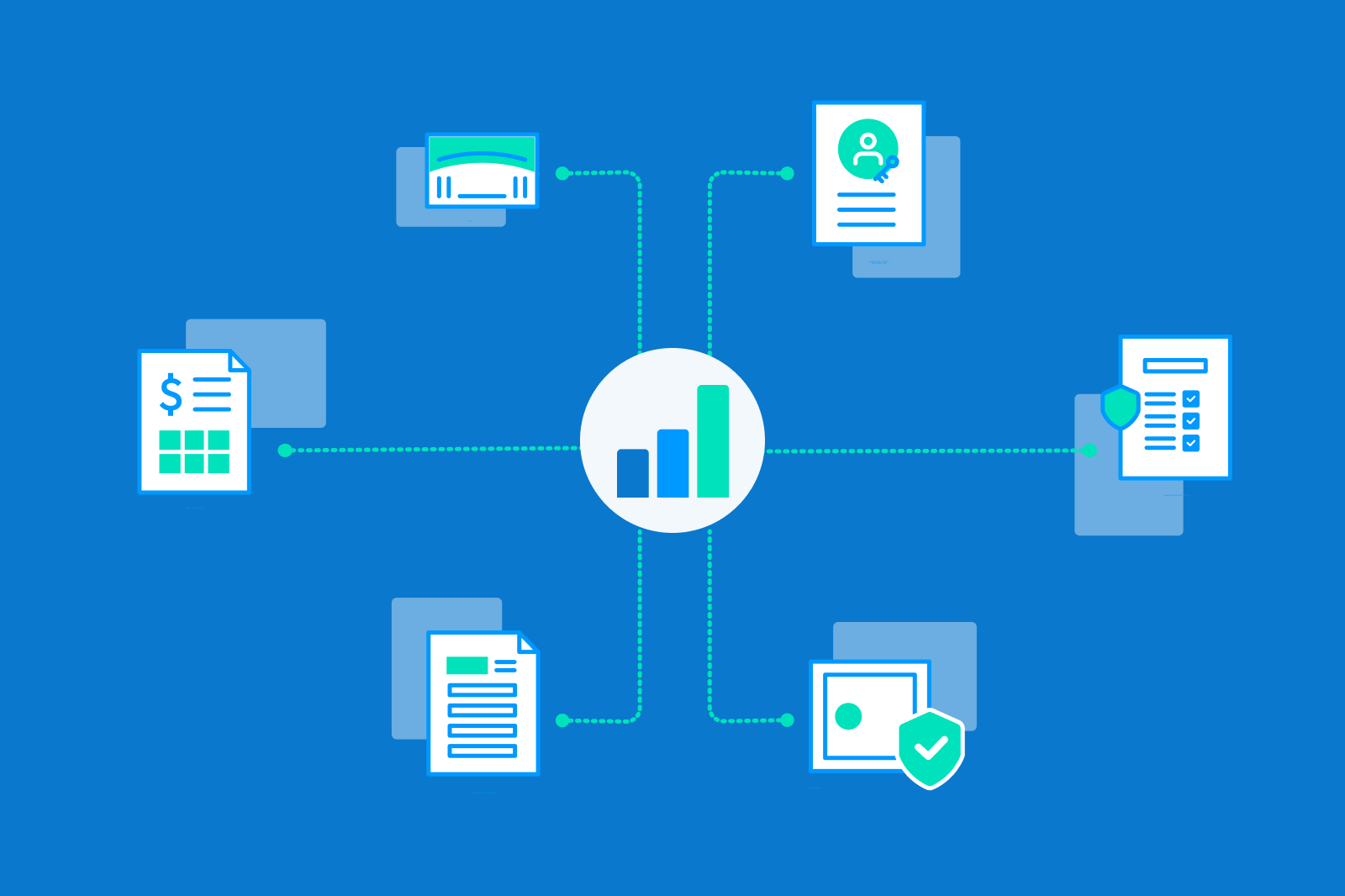Your business already has a credit score. Do you know what it is? We talk to David Adams, Head of Product Marketing, Commercial
Equifax Inc., to discover how your business credit score affects your business
Whether you know it or not, your small business started receiving a credit score as soon as you registered your business with your state. Like your personal score, it’s essential you work to maintain and improve that score. A better score allows you to access better credit and improve business growth.
When you register your business with your state, credit score companies get a business registration notification and start a digital credit file. As your business grows, more and more information is added to your file based on your various business transactions, which strengthen or weaken your small business credit score based on your history.
These payments include phone and internet service payments, rental agreements and rental payments, credit cards, and other recurring business payments and expenses. Paying your business bills on time gives you a good business credit score, which includes utility information.
Some credit agencies, such as Equifax, now have access to a utility payments database. This database can help new businesses or businesses with a thin credit file build their business credit.
Building your business information
Another critical aspect of getting and maintaining a good credit score is having correct business information. If your information needs to be corrected or updated, it is challenging for business credit score companies such as Equifax to monitor your business credit score effectively.
“If I had to give small businesses any advice, it would be to maintain great consistency on all of their applications for business services. We have examples in our small business information where people have changed their address from Maple Lane to Maple Court to Maple Street, and there are entries listed for all of those separately. Equifax can associate all of your small business records if everything matches. It’s important to use the same business name, a consistent address, and the same phone number. It’s in your best interest because when it comes time to get credit, all of your information will be in one file so you can get an accurate credit score,” explained David Adams, Head of Product Marketing, Commercial, Equifax Inc.
When you join the Markaaz Dashboard, we enable you to correct and update your data across dozens of data fields on our platform. This allows your chosen business partners to access the information they need to give you the best financing rates and quicker onboarding and access to services.
You will also be able to access three separate credit Equifax scores from within the Markaaz Dashboard, allowing you to track and monitor your small business credit scores in one place.
How can a small business improve its credit score?

The first step in improving your small business credit score is establishing spending patterns with your business; this is as simple as taking out your business utilities in your business name or renting an office space.
“If you’re a young business, you should list yourself as the principal business owner on any business service applications and ask that provider to tie your personal credit in with your business. One of Equifax’s biggest projects this year is a new set of composite scores, where we are working on scoring small businesses that haven’t been around for a long time. If you’ve got excellent personal credit but your business is new, we have the ability to put those two scores together, potentially giving you a better good score. We know enough about you to make a risk judgment,” noted Adams.
Credit scores are critical in any credit decisions, whether getting a phone service, applying for a credit card, or getting a checking account. The rates on that credit card will vary depending on how strong your credit score is.
“Your small business credit score will certainly drive the revolving credit you could have as a business owner. If I was getting business phone lines with T Mobile, I might have to buy more devices or pay more for my service because my credit score is low. So those scores can be very important,” explained Adams.
Equifax has in-depth data on over 33 million small businesses, allowing it to combine personal and small business credit scores to help small businesses get the best score possible to access the services and financial help they need to grow.
“Equifax is out-scoring its competition with access to a variety of different databases and proprietary data sources, like utility data. So, if you’ve been paying your heating bill, gas, and electricity, that’s a good sign because that can now be used for credit. That’s one of the many good reasons to come to us!” said Adams.
Equifax on Markaaz
Equifax provides three separate scores available on the Markaaz Dashboard:
The Equifax Business Credit Risk Score for Assorted Verticals
The Equifax BCRS for Assorted Verticals returns a score to measure the risk of a business becoming severely delinquent to a credit grantor within a 12-month period. Businesses are assigned a value ranging from 224 to 580, with high values indicating lower chances of severe delinquency. The odds of being ‘good’ are defined as the ratio of the number of normally operating businesses to that of severely delinquent businesses. The odds of 50 to 1 represent that, for every 50 normally operating businesses, one is expected to be severely delinquent. Within the Equifax BCRS, the marginal odds of being good double for each additional 40 points. For instance, there will be twice as many goods at a score of 580 than at 540 for every severely delinquent business or ‘bad’.
Equifax Business Credit Risk Class for Assorted Verticals:
The Equifax Business Credit Risk Class (BCRC) for Assorted Verticals is a high-level representation of the Equifax Business Credit Risk Scoring System for Assorted Verticals. Businesses are grouped into 5 risk classes ranging from 1 to 5 based on the score.
Equifax Business Credit Score:
Equifax’s Business Credit Score, normally bundled as part of the Equifax Business Credit Report, predicts the likelihood of a business’s financial trades becoming severely delinquent, 91 or more days past due or worse, including charge-offs, within the 12 months following account origination to any financial credit grantor.




